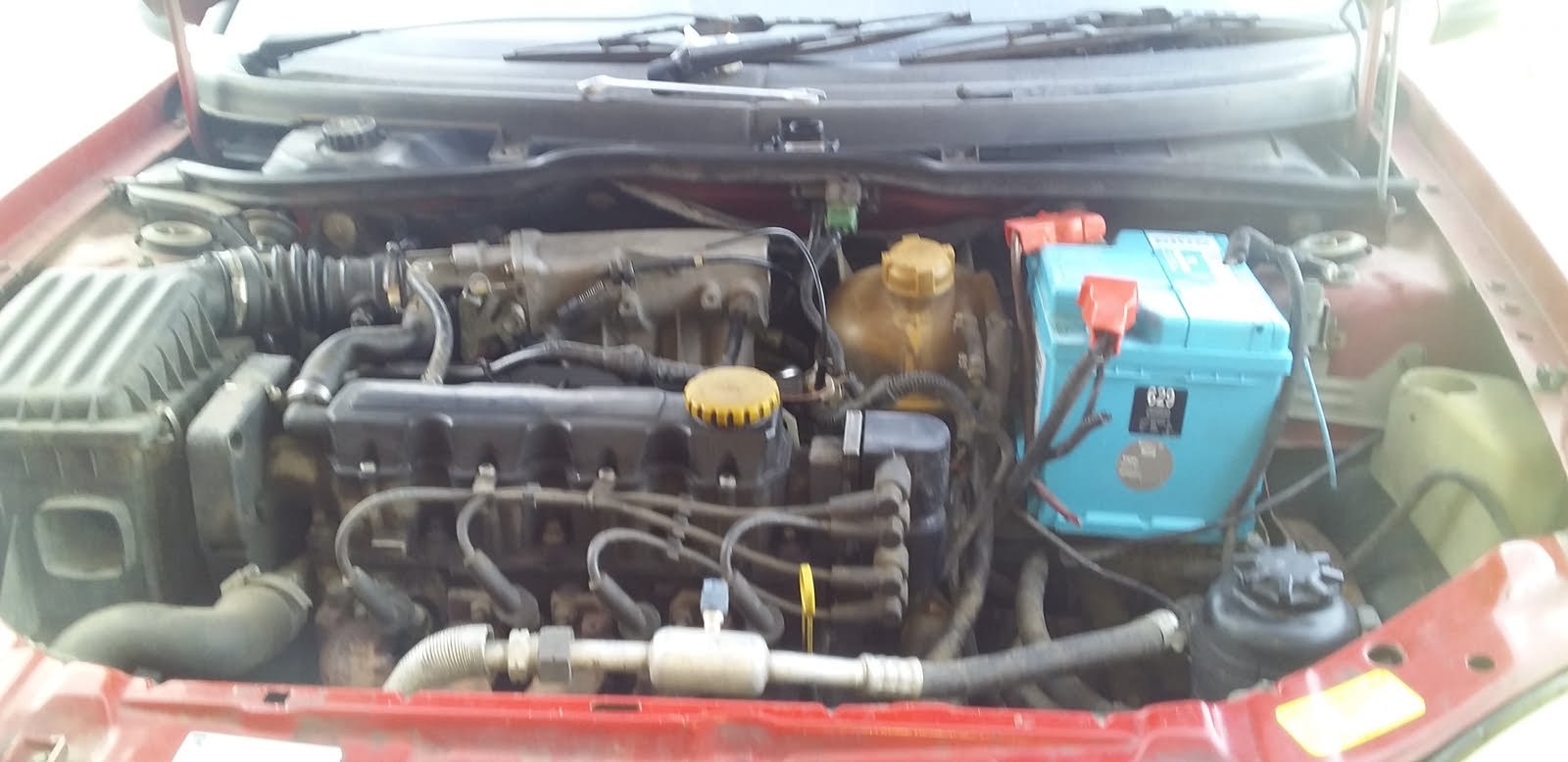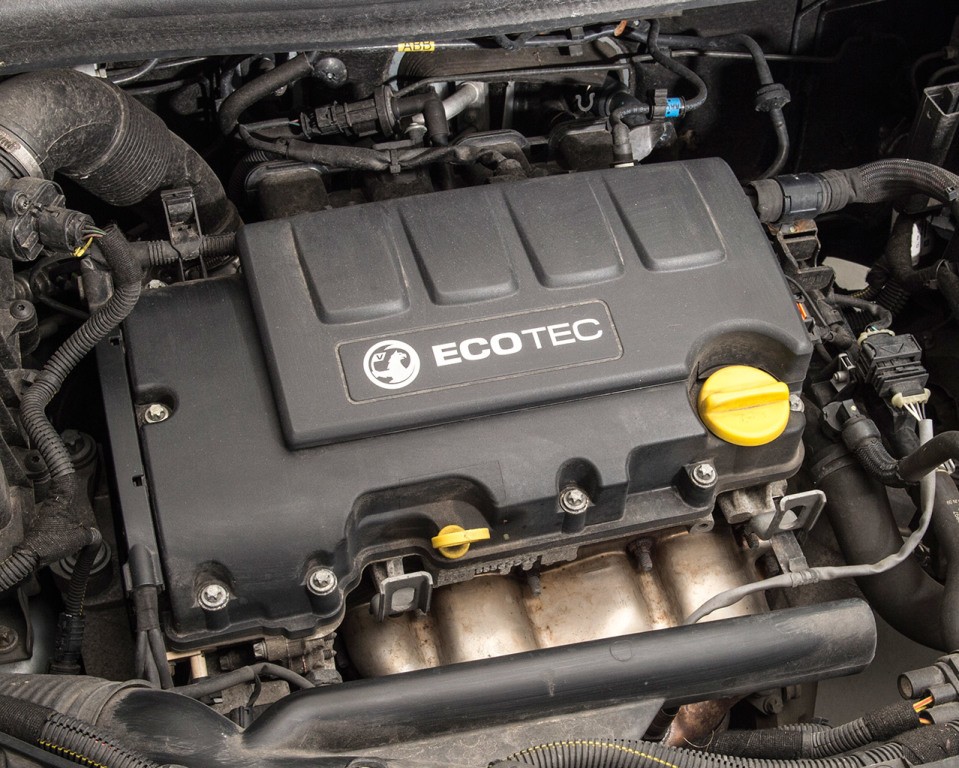Engine Acquiring Expert Tips on Selecting the Right Engine for Your Specific Needs
Selecting the right engine for your details requirements involves an intricate interplay of factors that go past simple horse power figures. By delving right into the intricacies of power versus performance, assessing gas scores, and budgeting for long-term expenses, one can really maximize their engine choice.
Power Vs. Performance: Discovering the Equilibrium
When choosing an engine, it is crucial to strike an equilibrium between power and effectiveness to meet your details requirements effectively. Power refers to the engine's capacity to create power for propulsion, figuring out factors like acceleration, lugging capability, and total performance - Opel Corsa 1.4 Engine Price. On the other hand, performance relates to exactly how well the engine utilizes fuel to create power, impacting elements such as gas economic climate and ecological kindness
Achieving the ideal equilibrium between power and efficiency is crucial since an engine that is too effective might eat too much fuel, causing higher operating expense and unneeded strain on the setting. Conversely, an engine that prioritizes effectiveness over power might cause slow-moving performance, especially popular circumstances like lugging hefty lots or driving uphill.
To make an informed decision, consider elements such as your normal driving problems, the desired usage of the lorry, and your individual choices. By evaluating your requirements and priorities, you can select an engine that strikes the ideal balance between power and efficiency, guaranteeing optimal performance while minimizing environmental impact and operating costs.
Understanding Engine Dimension and Kind
To better improve the option procedure of an engine that strikes the ideal equilibrium between power and effectiveness, it is important to dig into the complexities of understanding engine size and kind. Engine dimension refers to the total quantity of air and gas that can be pushed through the engine cylinders. It is generally measured in litres or cubic centimeters. Larger engine dimensions typically result in even more power result however can likewise lead to decreased gas effectiveness. On the other hand, smaller sized engine sizes are frequently more fuel-efficient yet might compromise some power.
Typical engine kinds include inline engines, V engines, and rotating engines, each with its one-of-a-kind advantages and disadvantages. Understanding the interplay in between engine dimension and type is important in picking an engine that aligns with your particular requirements and top priorities, whether it be power, efficiency, or a balance of both.

Consider Your Lorry's Demands
Considering your car's needs is an essential action in the engine choice procedure to make sure optimal performance and performance. It is vital to review elements such as the planned use of the automobile, its weight, towing capability, and gas efficiency requirements. For instance, if you are searching for an engine for a sturdy truck that will certainly be made use of for towing, you will require an effective engine with high torque abilities. On the various other hand, if you are picking an engine for a compact cars and truck primarily used for city travelling, gas efficiency may be a much more essential element to think about.
If you frequently drive in sloping or hilly locations, a robust engine with good climbing up power will be required. By aligning the engine requirements with your automobile's requirements, you can ensure that your lorry operates efficiently and fulfills your performance assumptions.
Examining Fuel Performance Rankings
Evaluating gas effectiveness ratings is a crucial facet of selecting the appropriate engine for your automobile, guaranteeing cost financial savings and environmental sustainability. Gas effectiveness ratings, typically gauged in miles per gallon (MPG) for fuel engines or kilowatt-hours per 100 miles (kWh/100 miles) for electrical engines, indicate just how far a vehicle can take a trip on a specific quantity of gas or power. Higher MPG or reduced kWh/100 miles values symbolize more effective engines, converting to minimized gas click site expenses and reduced carbon discharges.
When evaluating fuel performance scores, consider your driving requirements and habits. If you commute cross countries daily, a very fuel-efficient engine can lead to substantial savings gradually. Furthermore, compare various engine options within the same automobile course to identify click here to read the most cost-effective selection. Factors such as engine size, weight, the rules of aerodynamics, and crossbreed or electric abilities can all affect gas performance.
Budgeting for Long-Term Expenses
Purposefully intending for long-term expenses is critical when selecting an engine, ensuring financial sustainability over the car's life expectancy. While the preliminary purchase cost of an engine is a significant variable, it is important to take into consideration the lasting expenses connected with maintenance, repair work, and fuel intake. Deciding for an extra fuel-efficient engine may have a higher upfront price however can lead to substantial savings with time. Normal maintenance, such as oil changes, filter substitutes, and tune-ups, is necessary to maintain the engine running smoothly and successfully, lowering the danger of costly fixings down the line.
Moreover, looking into the availability and price of replacement components for the selected engine is crucial in spending plan planning. Engines with conveniently available and economical parts can dramatically impact long-term maintenance expenditures. Additionally, thinking about the engine's resilience and anticipated life-span can help prevent unanticipated replacement expenses in the future. By meticulously budgeting for these long-term costs and factoring them right into the decision-making procedure, individuals can select an engine that not just fulfills their immediate needs however additionally remains affordable throughout its life expectancy.
Verdict
In conclusion, selecting the best engine for your certain demands needs stabilizing power and performance, recognizing engine dimension and kind, considering your lorry's needs, reviewing gas performance rankings, and budgeting for lasting expenses. By very carefully thinking about these aspects, you can make certain that you pick an engine that fulfills your requirements and supplies optimal performance for your lorry.
To further improve the selection procedure of an engine that strikes the ideal equilibrium in between power and effectiveness, it is necessary to dig right into the ins and outs of comprehending important link engine dimension and type. Engine size refers to the overall volume of air and gas that can be pushed via the engine cylinders. Usual engine types consist of inline engines, V engines, and rotary engines, each with its unique benefits and drawbacks. Recognizing the interplay in between engine size and kind is vital in choosing an engine that aligns with your certain needs and concerns, whether it be power, efficiency, or an equilibrium of both.
